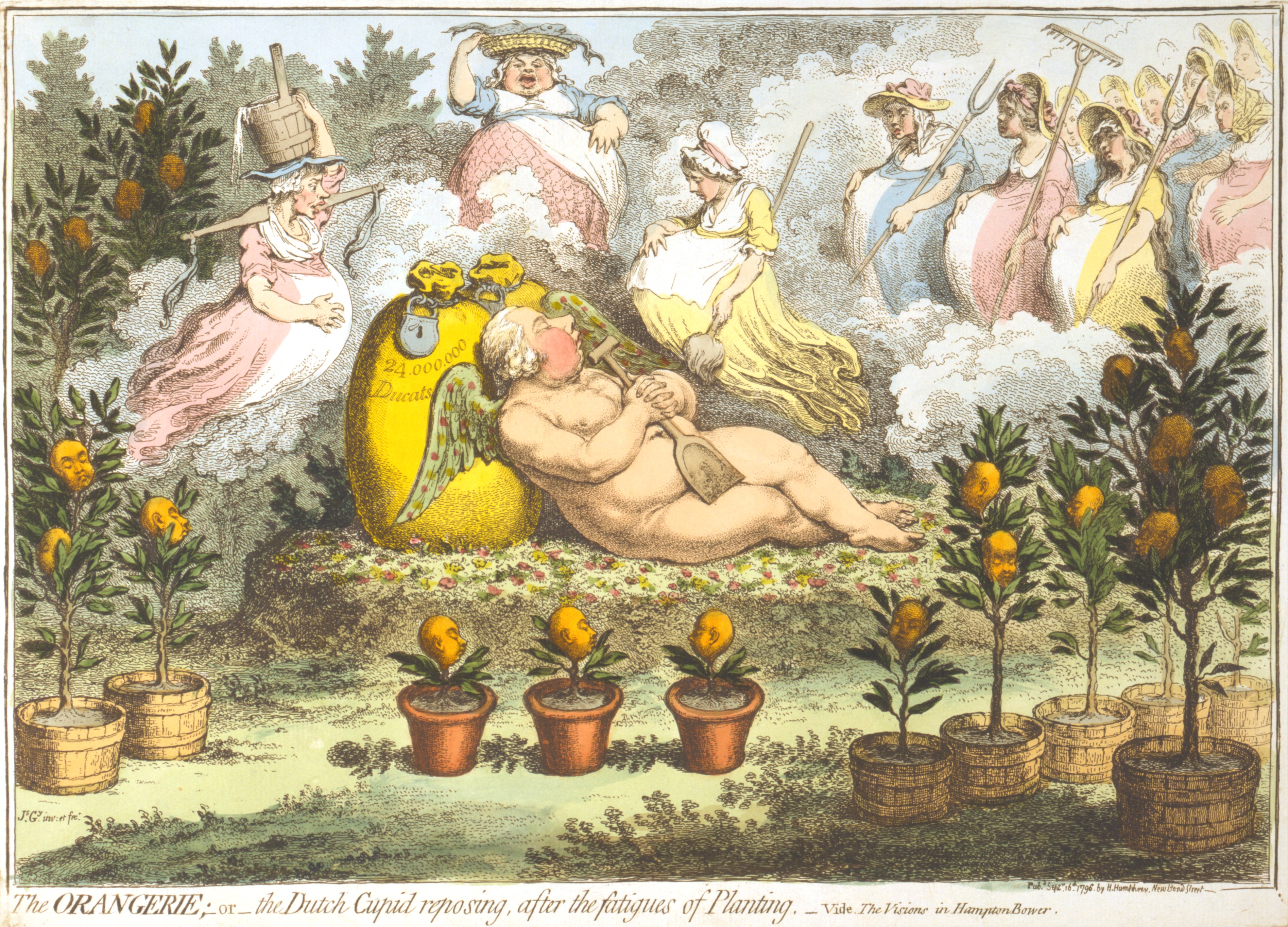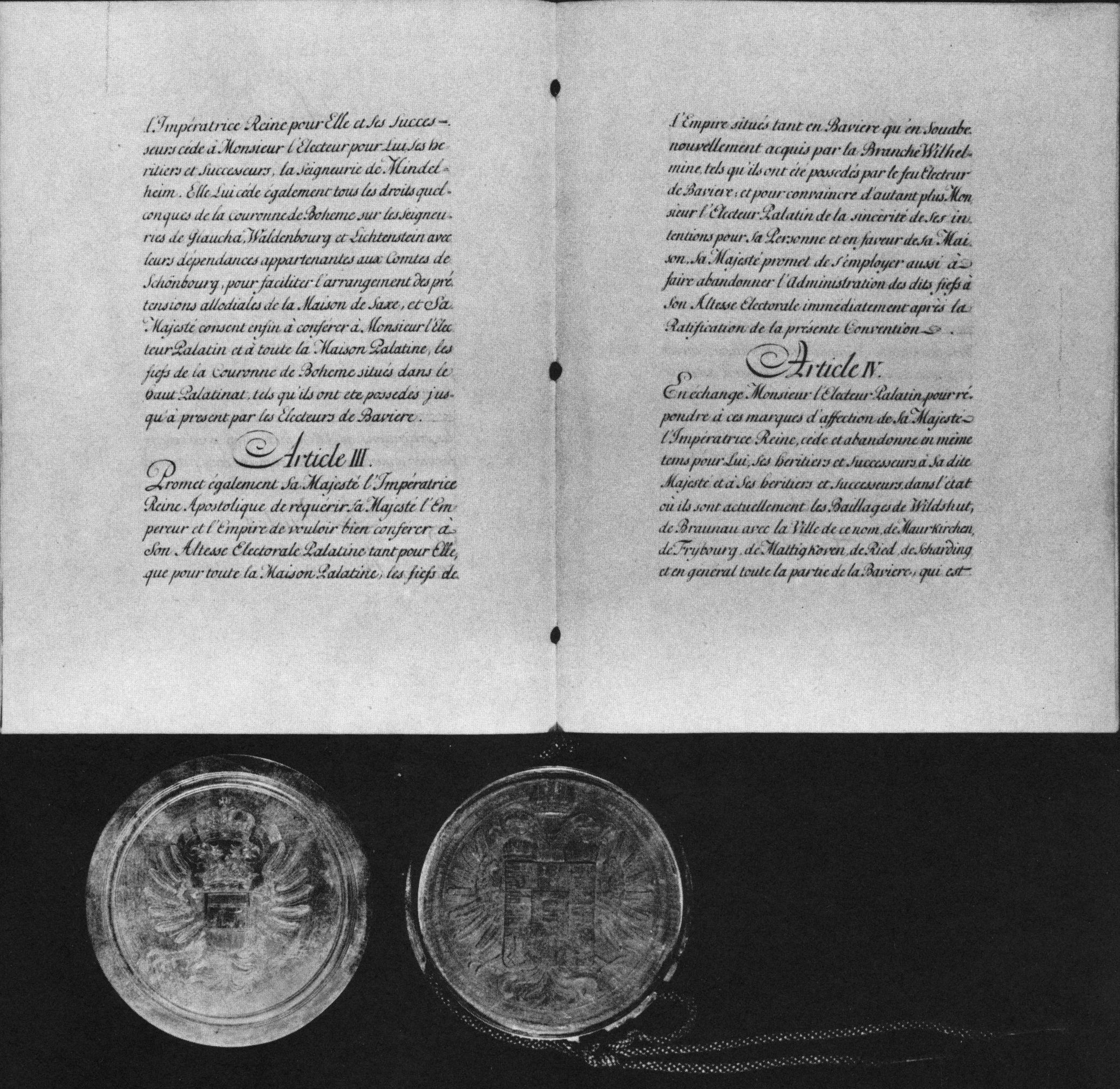|
Ewald Friedrich Von Hertzberg
Ewald Friedrich Graf von Hertzberg (2 September 172522 May 1795) was a Prussian statesman. Early life Hertzberg, who came of a noble family which had been settled in Pomerania since the 13th century, was born at Lottin (present-day Lotyń, a part of Okonek) near Neustettin. After 1739 he studied, chiefly classics and history at the gymnasium at Stettin, and in 1742 entered the university of Halle as a student of jurisprudence, becoming in due course a doctor of laws in 1745. In addition to this principal study, he was also interested while at the university in historical and philosophical ( Christian Wolff) studies. A first thesis for his doctorate, entitled ''Jus publicum Brandenburgicum'', was not printed, because it contained a criticism of the existing condition of the state. Shortly afterwards Hertzberg entered the government service, in which he was first employed in the department of the state archives (of which he became director in 1750), soon after in the foreign offi ... [...More Info...] [...Related Items...] OR: [Wikipedia] [Google] [Baidu] |
Lotyń, Greater Poland Voivodeship
Lotyń (german: Lottin) is a village in the administrative district of Gmina Okonek, within Złotów County, Greater Poland Voivodeship, in west-central Poland. It lies approximately north-west of Okonek, north-west of Złotów, and north of the regional capital Poznań. Before 1648 the area was part of Duchy of Pomerania, 1648-1945 Prussia and Germany. For the history of the region, see ''History of Pomerania''. The village has a population of 1,000. Notable residents * Ewald Friedrich von Hertzberg Ewald Friedrich Graf von Hertzberg (2 September 172522 May 1795) was a Prussian statesman. Early life Hertzberg, who came of a noble family which had been settled in Pomerania since the 13th century, was born at Lottin (present-day Lotyń, a p ... (1725–1795), Prussian politician References Villages in Złotów County {{Złotów-geo-stub ... [...More Info...] [...Related Items...] OR: [Wikipedia] [Google] [Baidu] |
Patriottentijd
The (; ) was a period of political instability in the Dutch Republic between approximately 1780 and 1787. Its name derives from the Patriots () faction who opposed the rule of the stadtholder, William V, Prince of Orange, and his supporters who were known as Orangists (). In 1781 one of the leaders of the Patriots, Joan Derk van der Capellen tot den Pol anonymously published a pamphlet, entitled ("To the People of the Netherlands"), in which he advocated the formation of civic militias on the Swiss and American model to help restore the republican constitution. Such militias were subsequently organised in many localities and formed, together with Patriot political clubs, the core of the Patriot movement. From 1785 on, the Patriots managed to gain power in a number of Dutch cities, where they replaced the old system of co-option of with a system of democratically elected representatives. This enabled them to replace the representatives of these cities in the States of several ... [...More Info...] [...Related Items...] OR: [Wikipedia] [Google] [Baidu] |
William V, Prince Of Orange
William V (Willem Batavus; 8 March 1748 – 9 April 1806) was a prince of Orange and the last stadtholder of the Dutch Republic. He went into exile to London in 1795. He was furthermore ruler of the Principality of Orange-Nassau until his death in 1806. In that capacity he was succeeded by his son William. Early life William Batavus was born in The Hague on 8 March 1748, the only son of William IV, who had the year before been restored as stadtholder of the United Provinces. He was only three years old when his father died in 1751, and a long regency began. His regents were: * Dowager Princess Anne, his mother, from 1751 to her death in 1759; * Dowager Princess Marie Louise, his grandmother, from 1759 to her death in 1765; *Duke Louis Ernest of Brunswick-Lüneburg, from 1759 to 1766, and kept on as a privy counsellor, in accordance with the ''Acte van Consulentschap'', until October 1784; * Princess Carolina, his sister (who at the time was an adult aged 22, while he was still a ... [...More Info...] [...Related Items...] OR: [Wikipedia] [Google] [Baidu] |
Honoré Mirabeau
Honoré is a name of French origin and may refer to several people or places: Given name Sovereigns of Monaco Lords of Monaco * Honoré I of Monaco Princes of Monaco * Honoré II of Monaco * Honoré III of Monaco * Honoré IV of Monaco * Honoré V of Monaco Other people *Honoré de Balzac, (1799–1850) French novelist and playwright *Honoré Beaugrand, (1848–1906) Canadian journalist and politician *Honoré Daumier, (1808–1879) French artist *Jean-Honoré Fragonard, (1732–1806) French painter *Honoré Willsie Morrow (1880-1940), American author, magazine editor *Honoré Gabriel Riqueti, comte de Mirabeau, (1749–1791) French writer and statesman *Honoré d'Urfé, (1568–1625) French novelist Surname *Carl Honoré, Canadian journalist *Christophe Honoré, (b. 1970) French writer and director * Dalton W. Honoré (b. 1943) American politician * Hector Honoré, (1905–1983) American auto racer *Henry Honoré, (Henry Hamilton Honoré, c. 1824–1916) American businessman ... [...More Info...] [...Related Items...] OR: [Wikipedia] [Google] [Baidu] |
Sanssouci
Sanssouci () is a historical building in Potsdam, near Berlin. Built by Prussian King Frederick the Great as his summer palace, it is often counted among the German rivals of Versailles. While Sanssouci is in the more intimate Rococo style and is far smaller than its French Baroque counterpart, it, too, is notable for the numerous temples and follies in the surrounding park. The palace was designed and built by Georg Wenzeslaus von Knobelsdorff between 1745 and 1747 to meet Frederick's need for a private residence where he could escape the pomp and ceremony of the royal court. The palace's name is a French phrase (''sans souci'') that translates as "without concerns", meaning "without worries" or "carefree", emphasising that the palace was meant as a place of relaxation, rather than a seat of power. Sanssouci is little more than a large, single-story villa—more like the Château de Marly than Versailles. Containing just ten principal rooms, it was built on the brow of a ter ... [...More Info...] [...Related Items...] OR: [Wikipedia] [Google] [Baidu] |
Joseph II, Holy Roman Emperor
Joseph II (German: Josef Benedikt Anton Michael Adam; English: ''Joseph Benedict Anthony Michael Adam''; 13 March 1741 – 20 February 1790) was Holy Roman Emperor from August 1765 and sole ruler of the Habsburg lands from November 29, 1780 until his death. He was the eldest son of Empress Maria Theresa and her husband, Emperor Francis I, and the brother of Marie Antoinette, Maria Carolina of Austria and Maria Amalia, Duchess of Parma. He was thus the first ruler in the Austrian dominions of the union of the Houses of Habsburg and Lorraine, styled Habsburg-Lorraine. Joseph was a proponent of enlightened absolutism; however, his commitment to secularizing, liberalizing and modernizing reforms resulted in significant opposition, which resulted in failure to fully implement his programs. Meanwhile, despite making some territorial gains, his reckless foreign policy badly isolated Austria. He has been ranked with Catherine the Great of Russia and Frederick the Great of Prussia ... [...More Info...] [...Related Items...] OR: [Wikipedia] [Google] [Baidu] |
Prince Henry Of Prussia (1726-1802)
{{disambiguation, tndis ...
Prince Henry of Prussia can refer to: *Prince Henry of Prussia (1726–1802) *Prince Henry of Prussia (1747–1767) *Prince Henry of Prussia (1781–1846) *Prince Henry of Prussia (1862–1929) *Prince Henry of Prussia (1900–1904) Prince Henry Victor Louis Frederick of Prussia (german: Heinrich Viktor Ludwig Friedrich; 9 January 1900 – 26 February 1904), was the haemophiliac third son and youngest child of Prince Henry of Prussia and Princess Irene of Hesse and by Rhine, ... [...More Info...] [...Related Items...] OR: [Wikipedia] [Google] [Baidu] |
Fürstenbund
The ''(Deutsche) Fürstenbund'' (, "ermanLeague of Princes") was an alliance of mostly Protestant princes in the Holy Roman Empire formed in 1785 under the leadership of Frederick II of Prussia. The alliance, which initially comprised the three major northern states of Prussia, Hanover and Saxony, was set up officially to safeguard the constitutional integrity and territorial status quo of the Empire, but more immediately to oppose the long-cherished ambition of Joseph II to add Bavaria to the Habsburg domains. Soon after he became sole ruler of the Habsburg lands at the death of his mother Maria Theresa in 1780, Joseph II revived an old ambition and entered into negotiations with Elector Karl Theodor of the Palatinate and Bavaria with the aim of trading Bavaria for the Austrian Netherlands. Had the plan been brought to fruition, the Habsburgs would have augmented their core domains with a large contiguous German-speaking territory while at the same time getting rid of far-awa ... [...More Info...] [...Related Items...] OR: [Wikipedia] [Google] [Baidu] |
Bishop Of Münster
A bishop is an ordained clergy member who is entrusted with a position of authority and oversight in a religious institution. In Christianity, bishops are normally responsible for the governance of dioceses. The role or office of bishop is called episcopacy. Organizationally, several Christian denominations utilize ecclesiastical structures that call for the position of bishops, while other denominations have dispensed with this office, seeing it as a symbol of power. Bishops have also exercised political authority. Traditionally, bishops claim apostolic succession, a direct historical lineage dating back to the original Twelve Apostles or Saint Paul. The bishops are by doctrine understood as those who possess the full priesthood given by Jesus Christ, and therefore may ordain other clergy, including other bishops. A person ordained as a deacon, priest (i.e. presbyter), and then bishop is understood to hold the fullness of the ministerial priesthood, given responsibility by ... [...More Info...] [...Related Items...] OR: [Wikipedia] [Google] [Baidu] |
Treaty Of Teschen
The Treaty of Teschen (german: Frieden von Teschen, i.e., "Peace of Teschen"; french: Traité de Teschen) was signed on 13 May 1779 in Teschen, then in Austrian Silesia, between the Austrian Habsburg monarchy and the Kingdom of Prussia, which officially ended the War of the Bavarian Succession.Brendan Simms, ''The Struggle for Mastery in Germany, 1779-1850'' (1998) Background When the childless Wittelsbach elector Maximilian III Joseph of Bavaria died in 1777, the Habsburg emperor Joseph II sought to acquire most of the Electorate of Bavaria and the Upper Palatinate, basing his claim on his marriage with the late elector's sister, Maria Josepha, who had died in 1767. Maximilian's direct heir was his distant cousin Count Palatine and Prince-Elector Charles Theodore (1724–1799), by prior succession agreements between the Bavarian and Palatinate branches of the Wittelsbach dynasty. Charles Theodore was amenable to an agreement with Emperor Joseph II that would allow him to acq ... [...More Info...] [...Related Items...] OR: [Wikipedia] [Google] [Baidu] |
War Of The Bavarian Succession
The War of the Bavarian Succession (; 3 July 1778 – 13 May 1779) was a dispute between the Austrian Habsburg monarchy and an alliance of Saxony and Prussia over succession to the Electorate of Bavaria after the extinction of the Bavarian branch of the House of Wittelsbach. The Habsburgs sought to acquire Bavaria, and the alliance opposed them, favoring another branch of the Wittelsbachs. Both sides mobilized large armies, but the only fighting in the war was a few minor skirmishes. However, thousands of soldiers died from disease and starvation, earning the conflict the name ''Kartoffelkrieg'' (Potato War) in Prussia and Saxony; in Habsburg Austria, it was sometimes called the ''Zwetschgenrummel'' (Plum Fuss). On 30 December 1777, Maximilian Joseph, the last of the junior line of Wittelsbach, died of smallpox, leaving no children. Charles IV Theodore, a scion of a senior branch of the House of Wittelsbach, held the closest claim of kinship, but he also had no legitimate ... [...More Info...] [...Related Items...] OR: [Wikipedia] [Google] [Baidu] |








